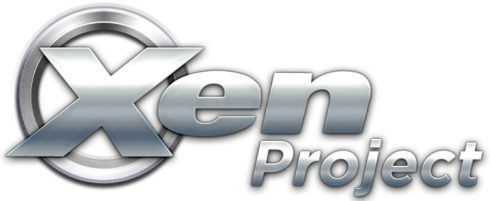
The Xen Project announced the latest version of its open-source hypervisor. Xen Project Hypervisor 4.14 introduces Linux subdomains, better nested performance, more robust live patching and reflects contributions from across the community and ecosystem.
A new development made in the Xen Project Functional Safety Working group is the successful drafting of prototype requirement documents and progress towards the processes and procedures on maintaining these documents.
Ongoing work on the project includes Secret free Xen which will prevent memory from being mapped, Golang bindings significantly expanded, and live migration without need for guest cooperation.
Ensono’s mainframe modernization capabilities
Ensono expanded mainframe modernization capabilities within the Hybrid IT service portfolio.
The solution delivers new capabilities for clients with mission-critical mainframe environments including cloud native functions to enhance mainframe workloads, targeted application assessments and migrations, data and API connectivity.
“This solution is more than just migrating to the cloud. It’s about understanding the business outcomes our clients need, uncovering what’s impeding them today, and providing application and data-centric value paths to achieve those business outcomes on the right platforms,” said Lisa Dyer, the vice president of product management at Ensono.
Apache weekly roundup
Last week saw the release of Apache Atlas 2.1.0 with the addition of quick search and the ability to add/remove labels on entities, and to search entities using labels.
Apache Calcite Avatica Go 5.0.0, the framework for building database drivers, was also released.
Additional releases include Apache Jackrabbit Oak 1.22.4, Apache Commons Lang 3.11, Apache Geometry 1.0-beta1, and three updates to Apache Groovy.
The full list of details is available here.
Apollo Client 3.0 released
The new release includes a single, consolidated ‘@apollo/client’ package, new ‘InMemoryCache APIs,’ improved local state management APIs, expanded and refined UI reactivity, and extensive internal refactoring.
By caching data from the user’s server, Apollo Client locally reconstructs a subset of the back-end data graph. The next time Apollo Client queries some of that same data, it can fetch it directly from the cache, even if an entirely different query requests it.
The majority of 2.x functionality remains in 3.0. The full list of details on the new release is available here.






